Working together to shape innovation for meaningful change
Paul Hobcraft
NOVEMBER 1, 2023
To support you in building out your innovation competencies, capabilities and capacity that requires a deeper investment in skill development in a culture of continual learning. Adding Relevant Knowledge Objectives : Stay updated on industry trends and emerging technologies through continuous learning and investigation.

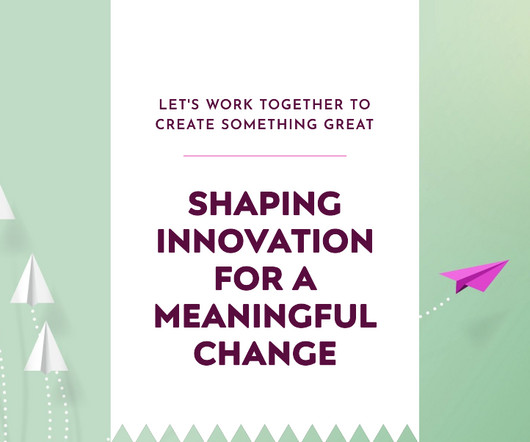







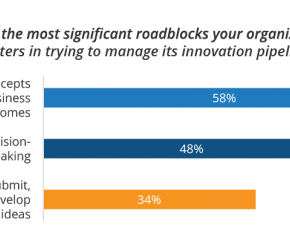
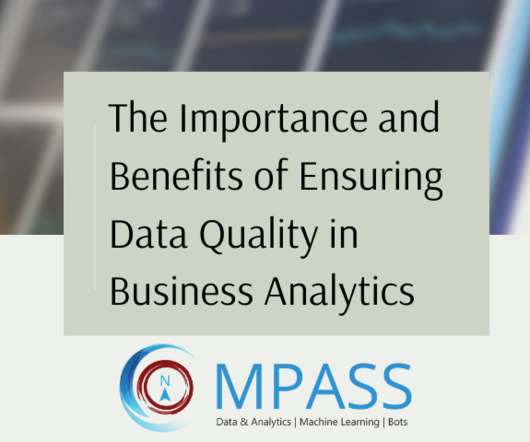
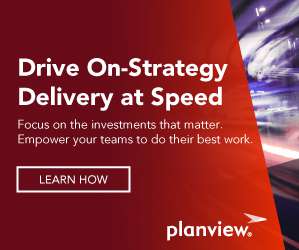



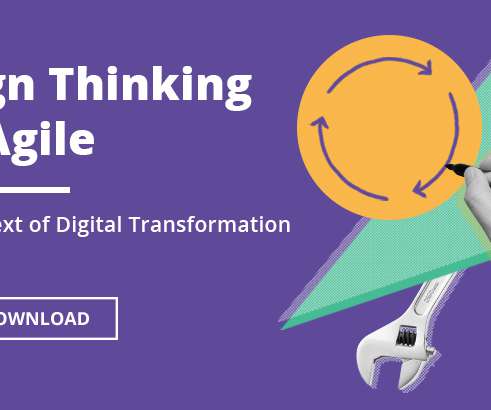

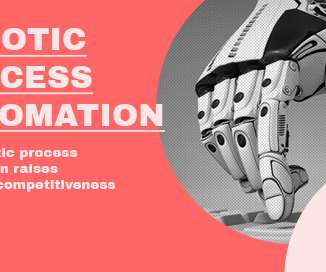










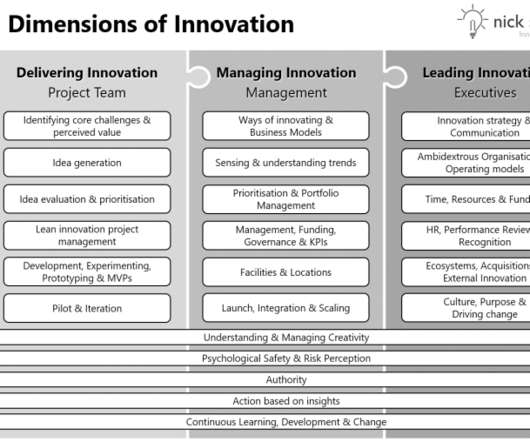


















Let's personalize your content